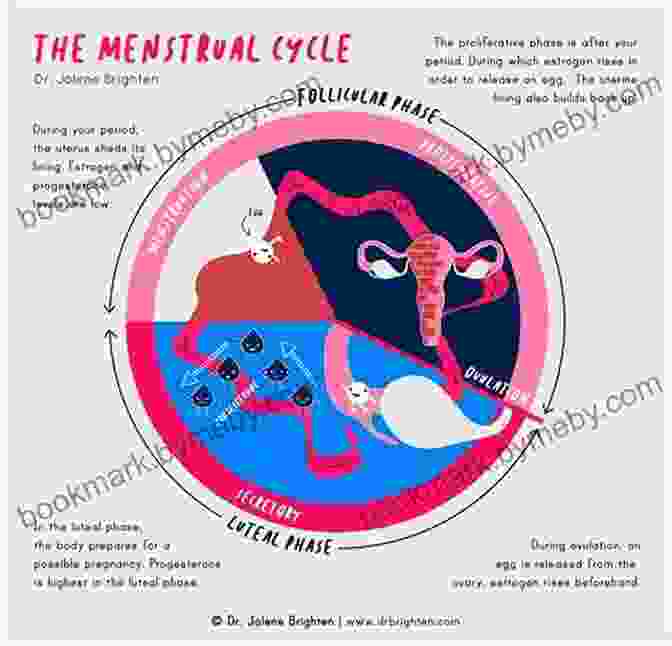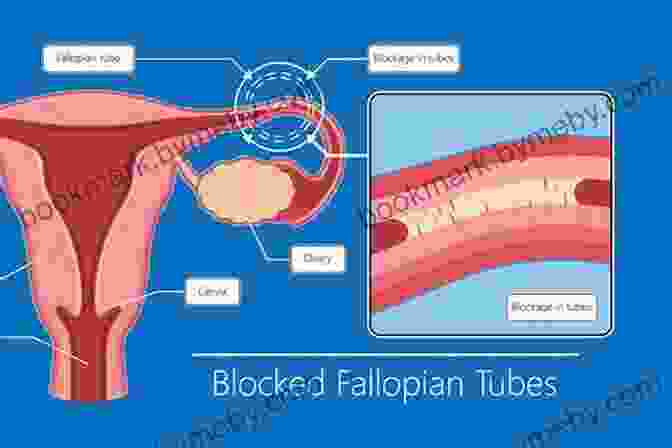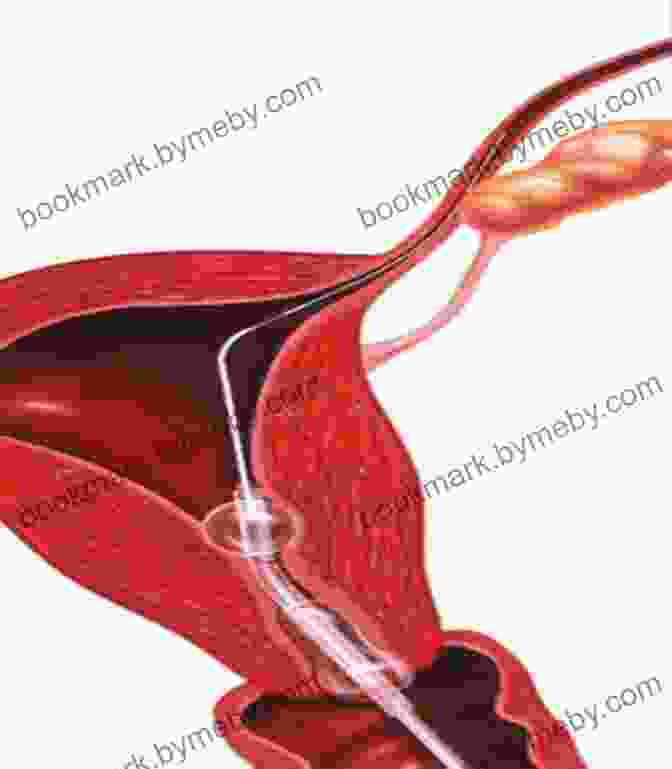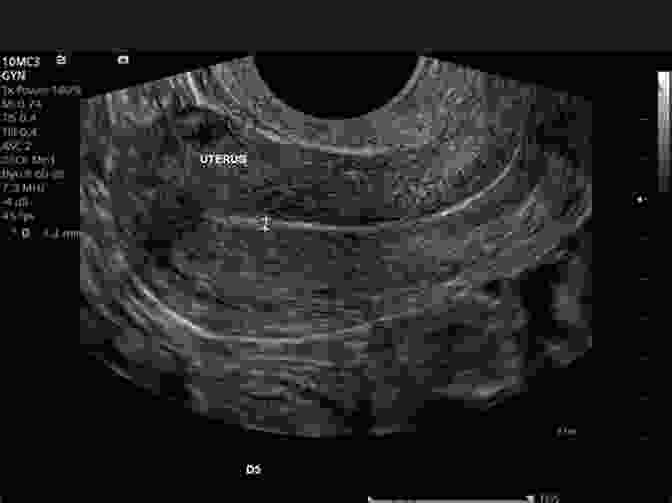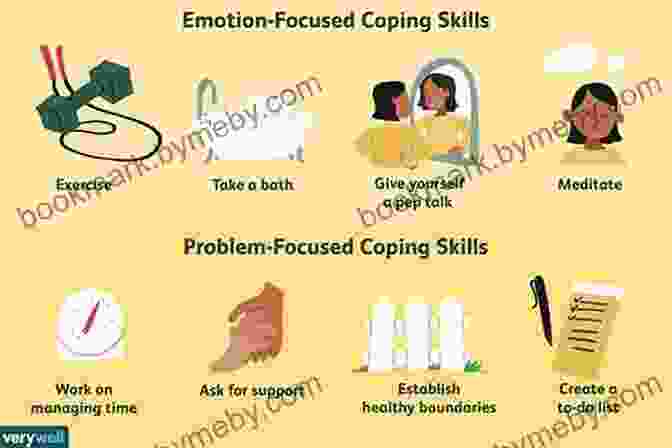Infertility, the inability to conceive after a year of unprotected intercourse, affects millions of women worldwide. Among those affected, female infertility accounts for up to 50% of cases. This complex condition can have both physical and emotional consequences, making it imperative for women to arm themselves with knowledge and understanding.
"Female Infertility: What You Should Know" is a comprehensive guide that empowers women to navigate the often-confusing maze of infertility. This book provides invaluable insights into the causes, diagnosis, and treatment options available.
4.1 out of 5
| Language | : | English |
| File size | : | 669 KB |
| Print length | : | 81 pages |
| Lending | : | Enabled |
| Screen Reader | : | Supported |
Understanding the Causes
The causes of female infertility are multifaceted, ranging from hormonal imbalances to anatomical abnormalities.
- Hormonal Imbalances: Hormones play a crucial role in regulating ovulation and preparing the uterus for pregnancy. Imbalances in hormones such as estrogen, progesterone, and follicle-stimulating hormone (FSH) can disrupt the menstrual cycle and prevent conception.
- Ovulation DisFree Downloads: Failure to ovulate, or the release of an egg from the ovary, is a common cause of infertility. Polycystic ovary syndrome (PCOS),a hormonal condition characterized by irregular periods and the development of cysts on the ovaries, is a leading cause of ovulatory dysfunction.
- Fallopian Tube Blockages: The fallopian tubes serve as a pathway for the egg to travel from the ovary to the uterus. Blockages in these tubes, often caused by infection or scarring, can prevent the egg from reaching the uterus.
- Endometriosis: This condition involves the growth of endometrial tissue outside the uterus, typically around the fallopian tubes, ovaries, and pelvic organs. Endometriosis can obstruct the fallopian tubes or interfere with implantation.
- Age: Female fertility naturally declines with age. As women approach menopause, their ovarian reserve decreases, and the quality of eggs diminishes.
Diagnosis and Treatment
Diagnosing female infertility typically involves a combination of medical history, physical examination, and diagnostic tests.
- Pelvic Examination: A doctor will examine the pelvic organs, including the uterus, ovaries, and fallopian tubes, to assess their health and look for any abnormalities.
- Blood Tests: Hormone levels, including FSH, LH, and progesterone, can be measured through blood tests to evaluate ovarian function.
- Ultrasound: This imaging technique uses sound waves to create pictures of the pelvic organs, allowing doctors to assess the size and shape of the uterus, ovaries, and fallopian tubes.
- Hysterosalpingography (HSG): A contrast dye is injected into the uterus to observe the fallopian tubes and determine if they are open or blocked.
Treatment options for female infertility vary depending on the underlying cause.
- Medication: Fertility drugs, such as clomiphene citrate and letrozole, can stimulate ovulation in women with ovulatory disFree Downloads.
- Surgery: Procedures such as laparoscopy and hysteroscopy can be used to remove blockages from the fallopian tubes, treat endometriosis, or correct anatomical abnormalities.
- Assisted Reproductive Technology (ART): Techniques like intrauterine insemination (IUI) and in vitro fertilization (IVF) can assist with conception in cases where other treatments are unsuccessful.
Emotional Impact and Support
Infertility can be an emotionally challenging experience, leading to feelings of grief, frustration, and anxiety. It is crucial for women to seek support from their healthcare providers, family, friends, or support groups.
- Counseling: Therapy can provide a safe space for women to process their emotions, develop coping mechanisms, and navigate the challenges of infertility.
- Support Groups: Joining a support group allows women to connect with others who are going through similar experiences, offering a sense of community and understanding.
- Mind-Body Techniques: Practices like yoga, meditation, and mindfulness can help women manage stress and improve their overall well-being.
"Female Infertility: What You Should Know" equips women with the knowledge and resources they need to understand and address infertility. This book empowers women to advocate for their health, make informed decisions about treatment options, and find emotional support during this challenging journey.
Empowering women with knowledge and understanding is the key to unlocking the secrets of female infertility. By unveiling the causes, diagnosis, and treatment options available, "Female Infertility: What You Should Know" provides a beacon of hope for those seeking to embark on the path to parenthood.




